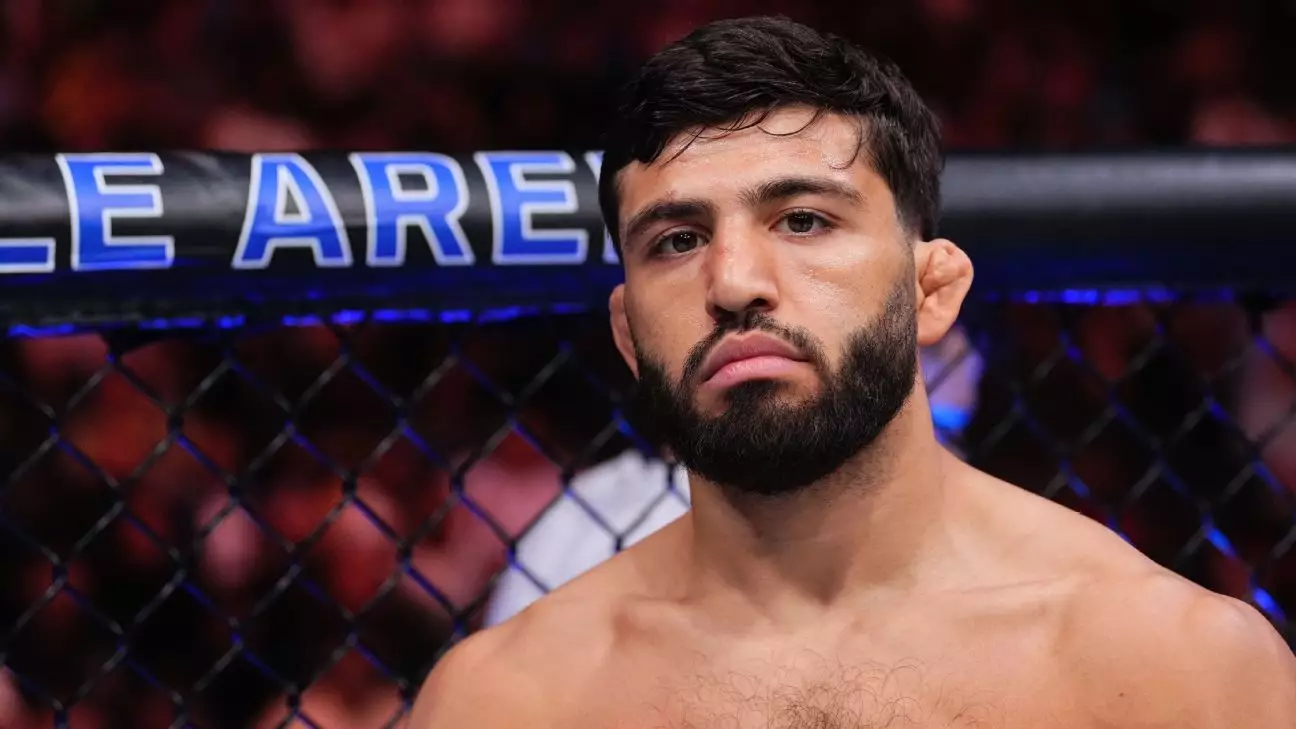In the fiercely competitive world of UFC, confidence can be both a motivating force and a perilous illusion. Ilia Topuria’s recent victory against Charles Oliveira showcased a fighter riding the wave of remarkable self-assurance, a trait often celebrated in combat sports. Yet, beneath that confidence lies a complex psychology that can either propel a fighter to greatness or lead to a devastating downfall. When analyzing Topuria’s triumph and his swagger beforehand, it’s crucial to examine whether such unwavering certainty is sustainable against an opponent of Tsarukyan’s caliber—someone who recognizes the pitfalls of complacency and the importance of resilience. Confidence must be tempered with humility, especially when facing opponents with diverse skills and unpredictable strategies.
The Illusion of Predictability in Fight Outcomes
Topuria’s assertion that Oliveira had no chance of knocking him out or outgrappling him appeared overly confident, if not presumptive. His pre-fight celebrations and boastful predictions can be perceived as tactics to intimidate or mentally overshadow his opponents, but they risk underscoring a dangerous underestimation of an adversary’s adaptability. Historically, fighters who enter the cage with excessive certainty often overlook the strategic depth their opponents bring, and this complacency can be exploited. The notion that a matchup’s predictability guarantees victory is a flawed assumption in MMA, where chaos and improvisation reign supreme.
The Critical Role of Opponent Evaluation and Past Performances
Tsarukyan’s critique of Topuria emphasizes the importance of context when evaluating fighters’ records. He suggests that Topuria’s recent wins, though impressive, were against opponents past their prime, which raises valid concerns about the durability of his dominance. If a fighter’s wins are predominantly against aging or less-motivated competitors, their standing must be challenged when they face fighters with relentless wrestling, improved striking, or superior fight IQ. Tsarukyan’s own streak, rooted in broader experience and versatility, underscores that raw confidence is insufficient without the ability to adapt dynamically to different styles—a trait Tsarukyan believes Topuria lacks, based on his perception of the opponents Topuria has defeated.
Power Struggles and the Path Forward in UFC
Looking ahead, the UFC’s intriguing uncertainty about Topuria’s next opponent signifies a strategic game of reputation and readiness. While a fight against Paddy Pimblett might draw attention, it’s still a question whether such matchups truly challenge top-tier fighters’ growth or merely bolster their records. For fighters like Tsarukyan, a showdown with Islam Makhachev, a seasoned champion with a wrestling pedigree and championship experience, remains the ultimate proving ground. Makhachev’s vacated title and Tsarukyan’s relentless push to fill that void demonstrate that power in the UFC isn’t merely about confidence; it’s about resilience, strategic diversity, and mental toughness. As Topuria continues to climb the ranks, he must recognize that in the octagon, confidence alone is not enough—versatility, preparedness, and humility often determine the true champions.

